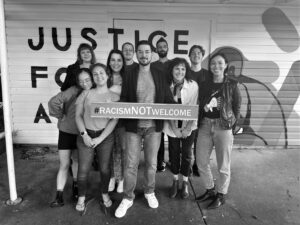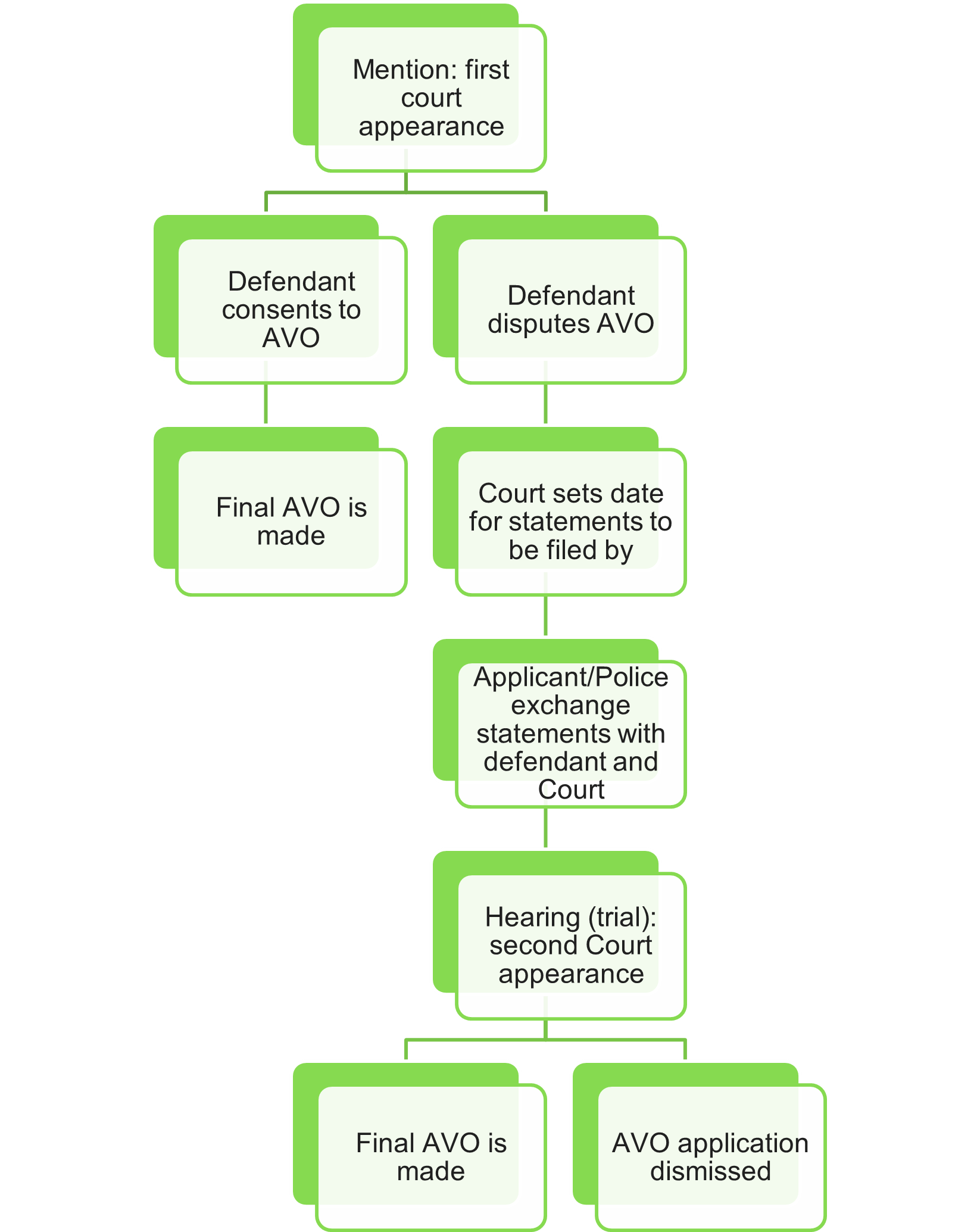The high cost of private legal representation can risk sending low to middle income earners into financial hardship.
Individuals in this income bracket are described as the ‘missing middle’ i.e. people who are unable to afford legal representation yet don’t qualify for public legal assistance like Legal Aid.
According to Dr Jacobs Brasch QC, the term ‘missing middle’ originated from housing economics and was used to describe persons who were unable to afford a house in the private market but were ineligible for public housing.[1]
If the legal needs of the ‘missing middle’ are not addressed, low to middle income earners are forced to choose between self-representation, abandoning their case, or seeking private legal representation. For someone who struggles to afford private legal representation, spending what limited funds they have on private solicitor fees can easily send them into financial hardship.
Marrickville Legal Centre’s Low Bono Legal Service (Low Bono) has now recovered over $2 million for clients in this demographic. The Service operates in partnership with corporate law firm Sparke Helmore Lawyers, and was launched at the start of the COVID-19 pandemic in May 2020 when an historic 13.8% unemployment rate in Australia in April 2020 gave rise to unprecedented demand for employment law services.
Low Bono provides affordable, fixed-fee representation to people experiencing financial distress who can’t access free legal support from Legal Aid or community legal centres. It is currently run at Marrickville Legal Centre by employment solicitor Genevieve Barry, with the assistance of solicitors from Sparke Helmore Lawyers, who each dedicate 10 hours pro bono every week.
Genevieve Barry shares, “We are tremendously proud of the success of the low-bono program to date. Our clients face significant access to justice issues as they are typically ineligible for free services provided by community legal centres or legal aid but then cannot afford to engage a private lawyer. We primarily cater for people who have been dismissed from their workplace unfairly or unlawfully but have also seen an increase in discrimination and sexual harassment matters, as well as contract disputes.”
Low Bono recently assisted Cathy (not real name) who worked a hybrid site-to-office role for a transport group. After returning from parental leave, Cathy arranged childcare to make the job work. When her child got sick, she requested a few days leave to look after her child. Cathy’s employer changed her contract on these grounds, reemploying her as a casual exclusively working in the field. After connecting with Low Bono, Cathy was able to secure redundancy as well as a separate claim for general protections pregnancy and caring discrimination. This secured $30,000 for Cathy. Thanks to Low Bono’s assistance Cathy was able to find another job quickly and didn’t suffer any loss of income.
Through Low Bono, clients like Cathy can seek legal assistance on employment matters ranging from unfair dismissal and underpayment claims, to general protections applications involving dismissal, complaints to the Australian Human Rights Commission, applications for an order to stop bullying, or negotiating an exit strategy from a job.
Accessing legal help through Low Bono has been life changing for the individuals who have engaged its services.
“Our clients often tell us they would have thrown in the towel and not pursued legal action had it not been for the advice, advocacy and support from the program’s lawyers,” says Ms Barry.
“That we have secured in excess of $2 million dollars for our clients demonstrates not only the success of the program but also the need to service the missing middle.”
Brett (not real name) had worked with the same employer in landscaping for several years. His employer initiated Brett’s redundancy and closed down his workplace. They refused to grant his redundancy pay however, instead saying they’d move Brett into a different position at the company. The employer wanted Brett to work at a new site 50km away as a delivery truck driver. Not comparable to his landscaping job, risky for an existing injury of his and a considerable distance from his home… Brett contacted Marrickville Legal Centre. The Low Bono team advocated for Brett’s redundancy pay with a resulting $50,000 paid out by his employer.
Low Bono has been essential in broadening access to justice for hundreds of clients just like Brett and Cathy.
On the strength of collaboration between corporate and social sectors in helping Low Bono reach a milestone $2 million recovered for its clients, Ms Barry concluded, “The program would not be as effective as it is without the support of Sparke Helmore and the lawyers seconded to us. We look forward to further collaborative efforts to expand the program and provide essential legal services to those in need.”
All funds raised through the Low Bono fees are redirected towards Marrickville Legal Centre’s community legal programs.


